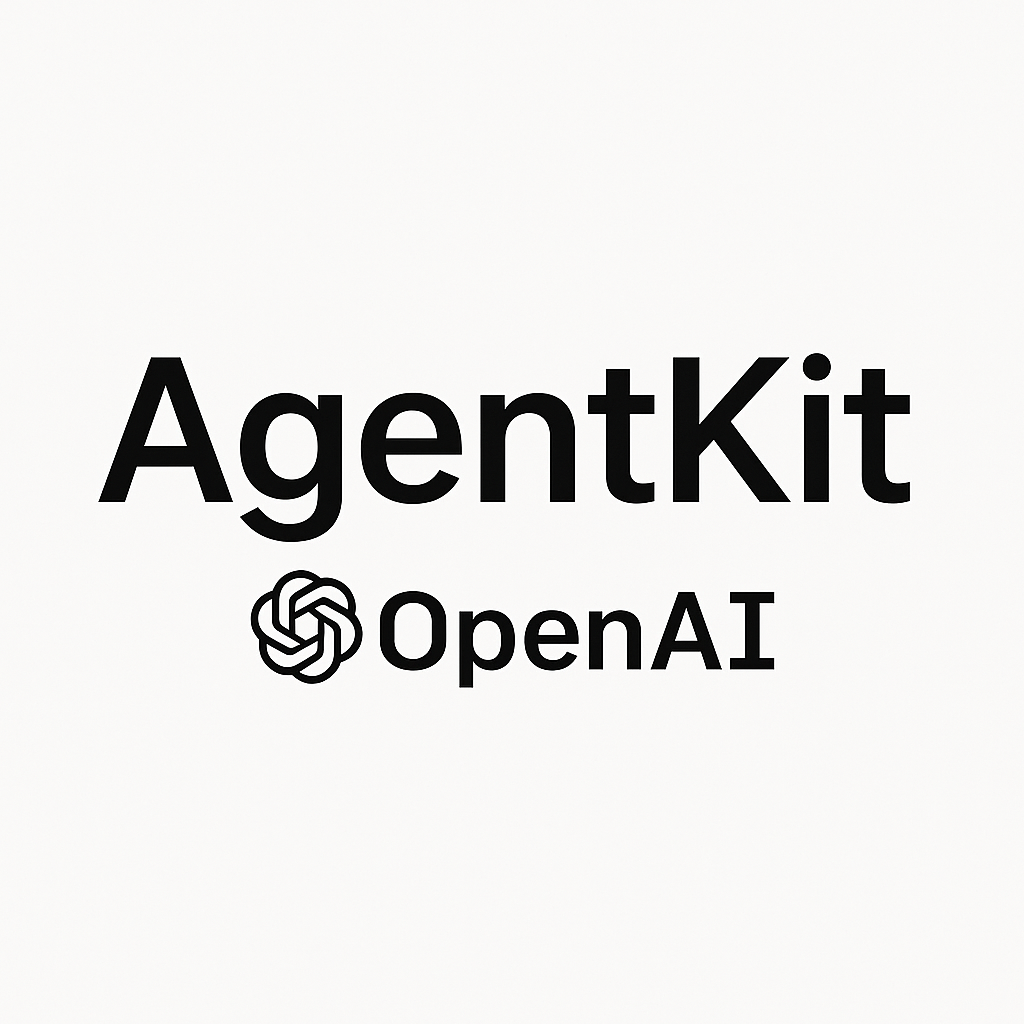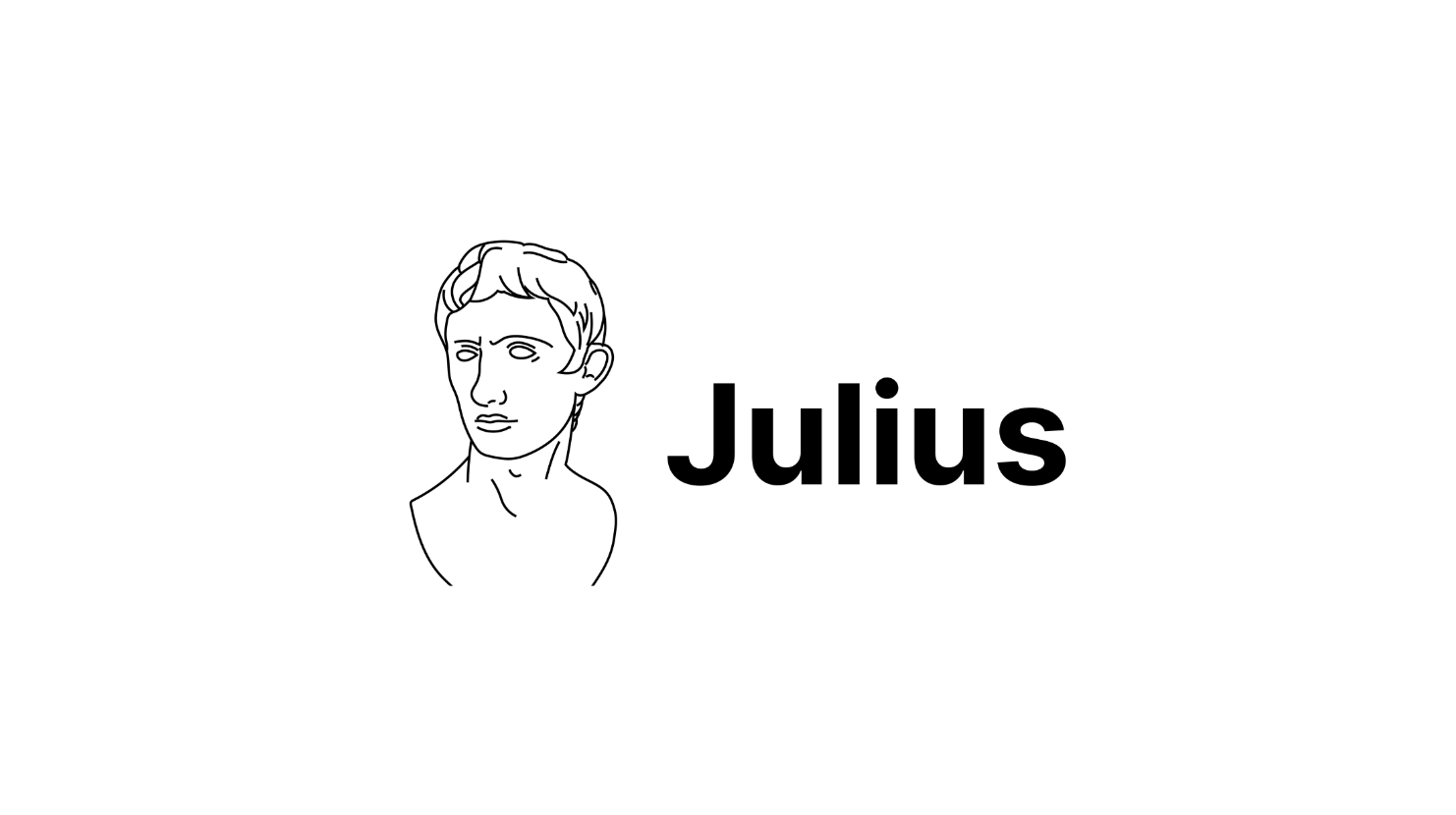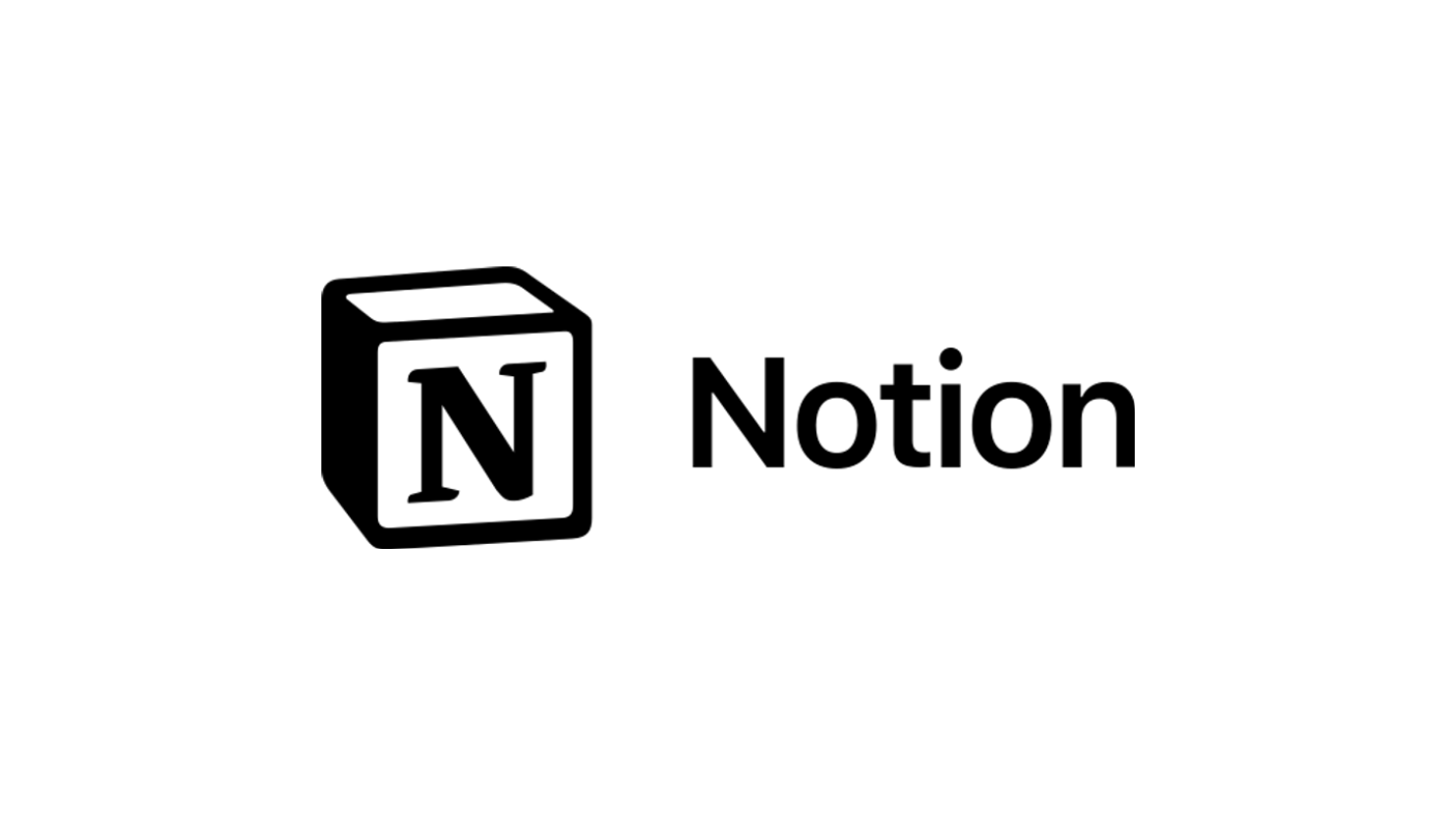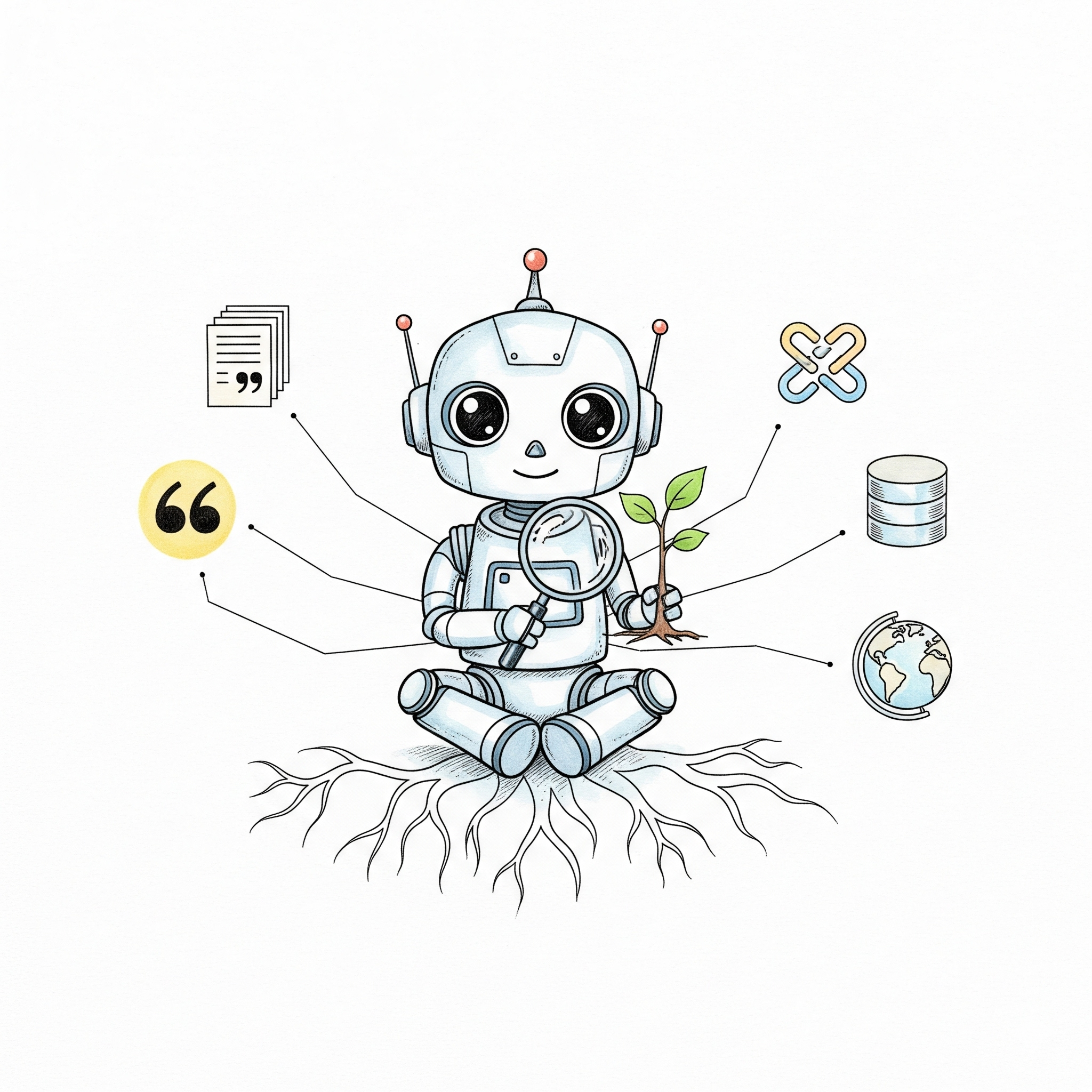The AI chatbot landscape has exploded with possibilities, but choosing the wrong type can leave your investment gathering digital dust.
Businesses know that chatbots can deliver value. Leadership teams are asking questions like:
- “How can we use AI to improve customer experience?”
- “What can we do to reduce the burden on our support team?”
- “How do we make our internal knowledge more accessible to employees?
But here’s where many companies get stuck: they don’t know what type of chatbot they actually need.
The IA Approach: Think Human First, Technology Second
We start with a simple question: if this chatbot were a human employee, what would its’ job title be?
We then guide clients through “Role Design,” defining five critical elements:
- Character: Professional for B2B or friendly for retail?
- Goals: Reduce tickets 40%? Capture leads? Guide resources?
- Actions: Answer questions, schedule appointments, process payments?
- Knowledge: Policies, products, pricing, procedures?
- Tools: CRM, payments, databases?
This exercise naturally reveals which chatbot type you need.
After extensive experimentation, evaluation and client implementations, we’ve identified that most business needs fall into two distinct categories: Knowledge Chatbots and Agentic Chatbots.
Knowledge Chatbots
Knowledge chatbots function as digital information assistants, primarily for internal use. They excel at accessing company policies, procedures, and documentation to answer employee questions and guide users to specific resources. Think HR policy inquiries, IT troubleshooting, employee onboarding, and compliance guidance. These chatbots reduce internal support tickets by making institutional knowledge instantly accessible.
Our pick: Voiceflow stands out with its completely no-code visual interface, making it ideal for rapid prototyping and teams without programming knowledge. Its comprehensive voice assistant development capabilities set it apart for projects requiring speech interactions alongside traditional chat interfaces. While Voiceflow requires custom API connections for most integrations, its advanced conversation design interface excels at handling complex, branching customer interactions with sophisticated workflow automation.
Agentic Chatbots
Agentic chatbots serve as digital action-takers, typically customer-facing. Beyond answering questions, they capture lead information, schedule appointments, process transactions, initiate phone transfers to human agents, and execute multi-step workflows. They’re designed for lead qualification, customer support with resolution capability, e-commerce transactions, and service request processing.
Our pick: Botpress excels with its sophisticated scoped knowledge access system, allowing specific workflow nodes to access only relevant sections of your knowledge base. This dramatically improves response accuracy while reducing hallucinations that occur when large, unscoped databases cause conflicting information retrieval. Botpress indexes business-wide knowledge bases with intelligent retrieval, supports filtering by time or keyword, and provides transparent source citations through its built-in citation system. With 50+ direct integrations out of the box, it connects seamlessly to existing business systems using a low-code approach.
Success stems from aligning chatbot capabilities with business needs rather than chasing feature-rich platforms.
The chatbot market will only get noisier, but clarity comes from asking the right questions about the role you need filled – not from comparing feature lists. At Intelligence Assist, we work with small and medium businesses to design chatbots that behave like capable team members, not clunky add-ons. By defining character, knowledge, tools, goals, and actions up front, we help you avoid wasted spend and build a solution that delivers measurable value.
If you’re ready to move from chatbot experiments to real business impact, let’s design the right role together.








